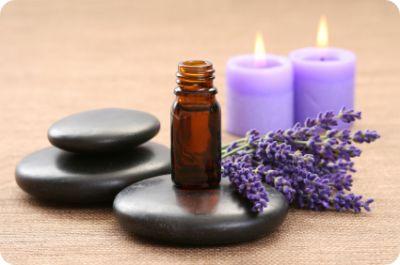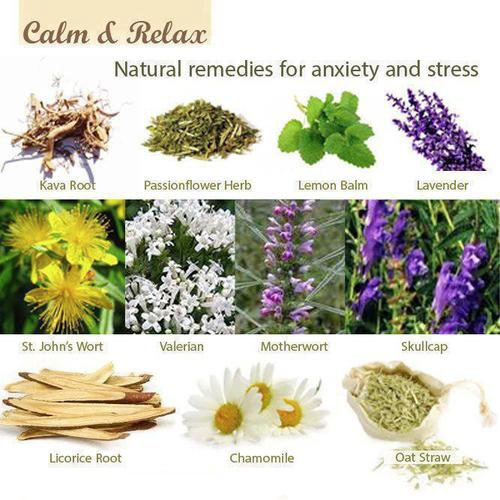
These days stress and anxiety issues can hinder our lives and our psychological health; exacerbating anxiety, intrusive thoughts and in some cases causing panic attacks and interrupting sleep. With increased stresses and strains in modern life, more and more record numbers of people from all walks of life have been feel overwhelmed by increasing pressure to perform to targets, toxic work environments, and the demands financial worries and technology can incur.
This type of stress can manifest itself in a number of ways, such as tension headaches, stomach problems like IBS, and muscle tension. Many people also experience moderate to severe psychological problems including depression, anxiety, and sometime a total burn out.
Over $300 billion is lost annually due to absenteeism –be it long or short term -, lack of productivity, low morale, and healthcare expenditures. Stress is becoming a silent epidemic in society. We come with good news, though! There are several proven strategies that can be implemented overnight to help reduce stress and its consequences, which we seek to outline below:
Contents
Exercise!

If you’ve been feeling stressed, including 20 minutes of exercise into your routine can make a huge difference. Exercise opens up the body and mind to stimulate release of endorphins, which are feel good chemicals!
As well as giving you the rush of endorphins, people who do regular activity reduce their risks of developing diseases, such as heart disease, type 2 diabetes, stroke and some cancers. The satisfaction of having completed exercise is stimulus for some people, and it also allows your body to rest more easily afterwards, which in turn encourages a better night’s sleep.
Yoga

We’ve previously shouted from the rooftops about all of the wonderful health benefits of yoga. It is an excellent stress buster for a number of reasons. Primarily, yoga encourages you to focus on your breathing, which acts as a powerful stress reliever in itself. Also, because yoga incorporates mindfulness practises; you are brought into the present and observing each breath, each movement as it happens. This means you begin to clear your mind of anxiety and stress issues and be brought into the ‘here and now’.
Starting off with gentle stretches, you can later work up to a more physical routine, which holds the dual benefits of both exercise and mindful breathing.
Aromatherapy

Depending on how you interpret it, aromatherapy can be a useful alleviator of stress. For example, the gentle and relaxing scent of lavender oil on a pillow or through an oil burner aids relaxation, meditation and helps to calm you down.
Additionally, aromatherapy massage brings stress relief to a whole new level. Massage has been used for centuries to cure aches and pains and tensions within the body. Adding some relaxing scents to your base oil can make this a truly pleasurable way to push out the stresses and strains of modern life, keep the body more flexible and supple and help you to sleep more easily.
Sleep management
Taking of sleep, it’s clear that sleep issues cause anxiety. The problem is often that this exacerbates the difficulty sleeping; resulting in a cycle of nagging thoughts interrupting your sleep. With these intrusive thoughts tangling through our minds, it can be hard to relax. Take control of your breathing by inhaling deeply through the nose and out again through the mouth. This helps it to slow down. Once you have the breathing under control, you can implement visualisation techniques such as imagining a calm place, or picturing yourself sleeping soundly. Soon, this will replace the nagging thoughts with more soporific ones; which will help you to sleep.
Supplements

Bacopa (Brahmi)
Bacopa is a supplement that helps with reducing the level of tribulin, in the brain. Tribulin is an MAO inhibitor, which can shoot up with anxiety. Bacopa helps bring it down; reducing anxiety. Essentially, a safe, natural sedative and tranquilizing agent, Bacopa can also be used to help reduce insomnia.
Valerian Root
Valerian a rare supplement, in that it meets the rigorous U.S. FDA standards. It is a powerful calming agent. Years of extensive, valid research indicate that valerian root is highly effective at calming the mind and relax the body. Clinical trials demonstrate that whilst valerian improves the quality of sleep, it also reduces the time taken to ‘drift off’.
Omega 3
We often boast the benefits of eating foods rich in Omega-3s. They have numerous benefits including supporting healthy moods in adults. In research studies omega-3s can alleviate symptoms of depression and bipolar disorder, and reduce anxiety. One study conducted by the Ohio State University College of Medicine, uncovered that omega-3s reduced anxiety in 68 people who regularly took supplements over a 3 month period.
Kava
Some years ago, Australian researchers tested the effects of standardized kava, also known as Piper methysticum, 60 patients suffering with anxiety. Following a daily dosage over three weeks, the subjects’ anxiety levels decreased significantly. The same subjects also took placebos, and the real supplements had a pronounced impact on alleviating symptoms. Researchers investigating the herb also report that it is safe to consume; with no serious side effects. Particularly effective at combating the combined struggles of depression and anxiety, kava is a useful supplement in beating stress.
Passionflower
Also known as Passiflora, this has to be one of nature’s most beautiful and complicated looking flowers. In addition to its quirky aesthetic, the passion flower has remarkable calming properties, and is strongly recommended by stress disorder doctors over the world. Studies have proved passionflower to reduce anxiety, and also promote sounder sleep as effectively as some prescription medications, but without the groggy effects.
Be proactive
Try to identify what is causing the stress. Many of us suffer stress as a result of overload at work, or problems in our personal lives. Libby Seery, a therapist from Renaissance Life Therapies says, “Awareness of your personal triggers, thoughts, and feelings when getting stressed is often the first step towards taking control of your own personal stress management.
She offers further tips below to help you try and combat your own stress levels:
Some stress triggers can be limited or controlled by you. It takes courage from within to identify what these are and make some necessary changes. Often the first changes are the hardest and following that, you will feel empowered by taking control. For example learn to say to no to unreasonable requests. Implement a strategy for prioritizing/managing your time more effectively.
Try replacing every negative thought pattern with two positive ones, in order to lift your spirits.
Surround yourself with a good support network. Libby says that support from family, friends, and even co-workers can dramatically help to buffer the negative impact stress can have on your life.
Seek professional help
If you are really finding it difficult to manage stress levels in your life, do not be afraid to contact a professional. Many people, such as Libby, offer Skype Therapy sessions, so even if you are unable to leave your home, you can work with someone who is trained to help build you a plan to alleviate the symptoms of stress. A professional can help you to identify the sources of your stress quickly, and develop strategies for dealing with triggers and stressors efficiently and effectively.
Stress takes a significant toll on the health and well-being of people across the world and it can have far-reaching consequences on your life. Through implementing an integrated, well thought out stress-reduction solution, incorporating some of the advice on this page, you will be empowered to be back to the old you: resilient, organized and fully functioning.
